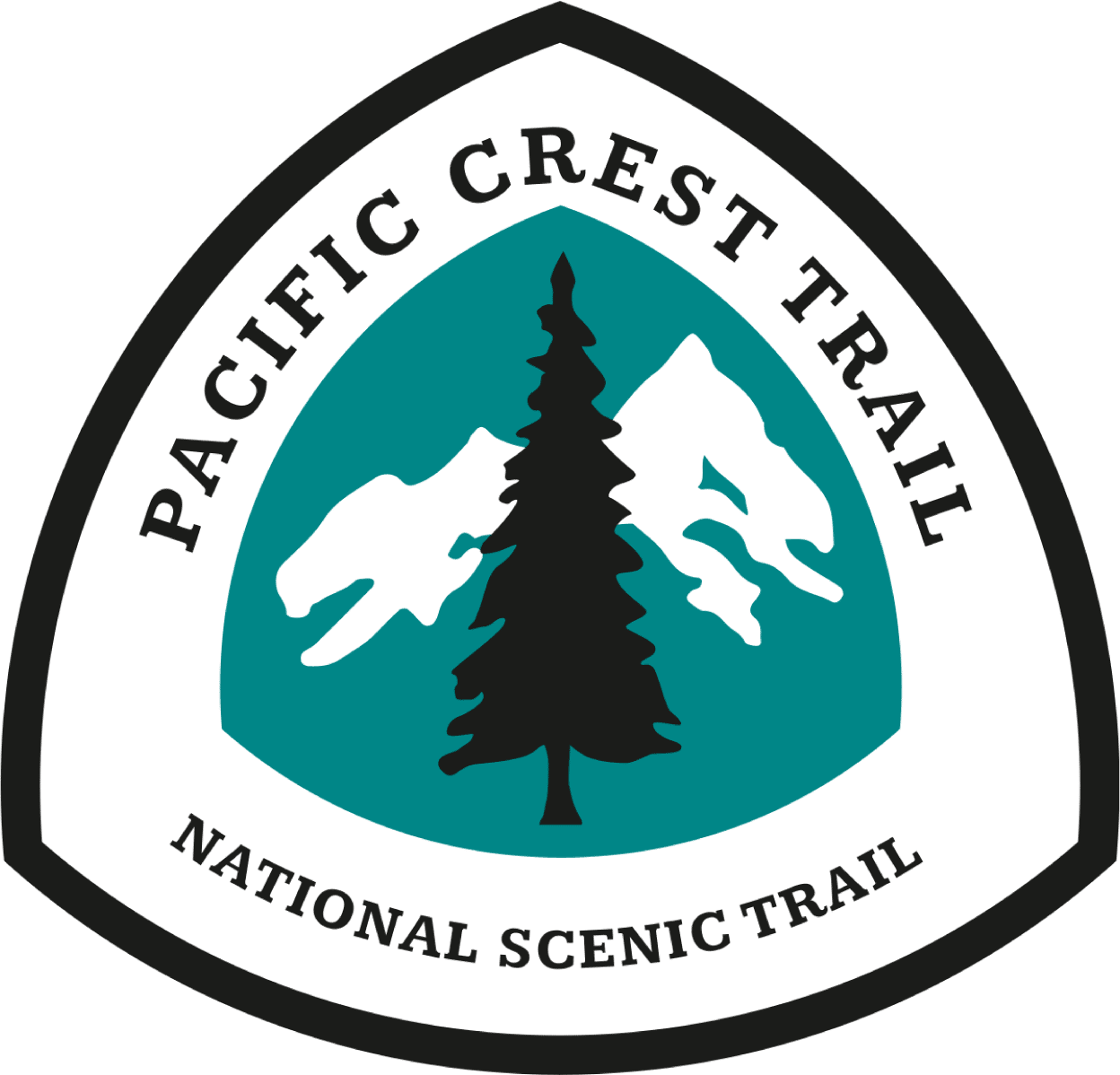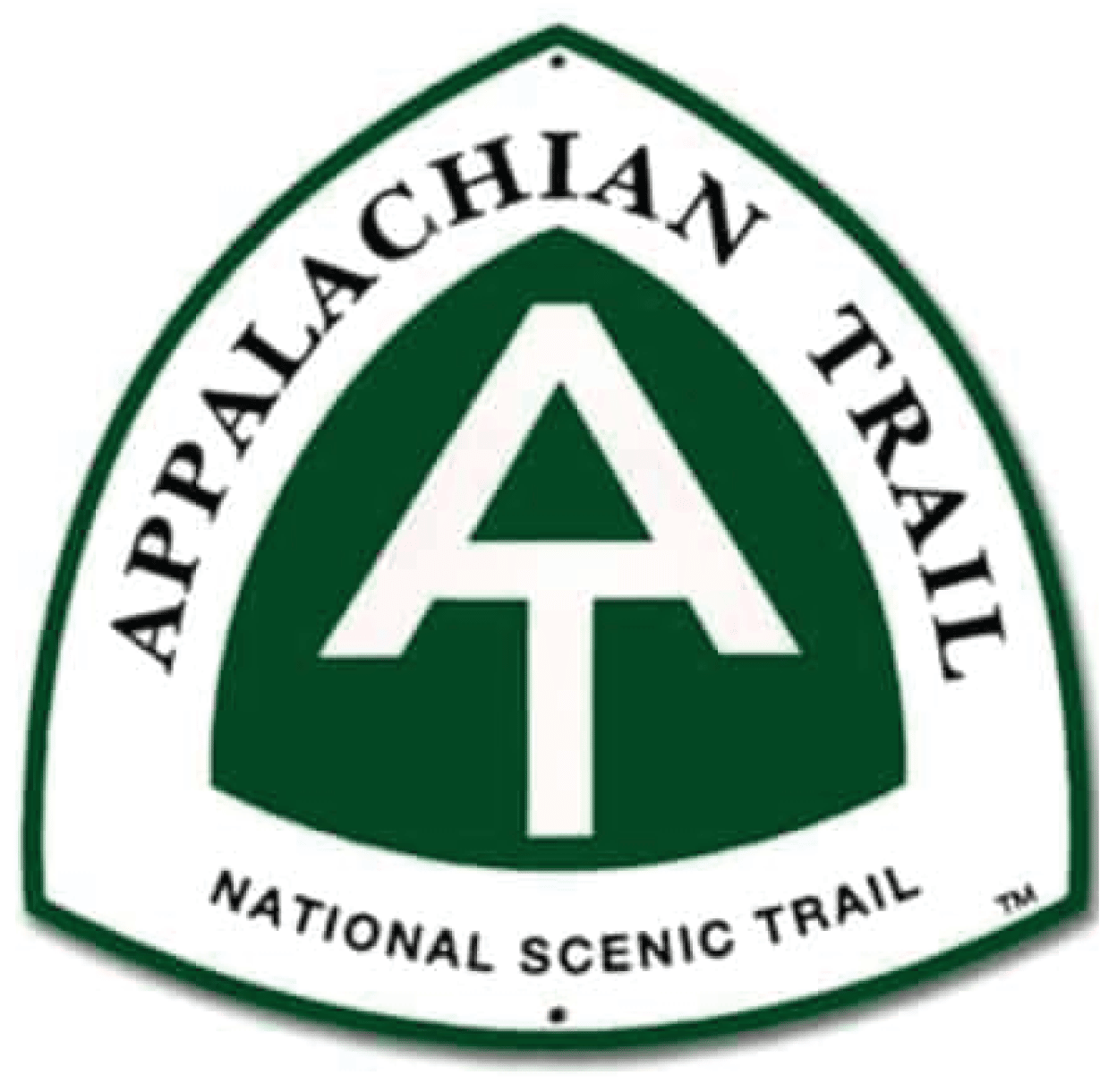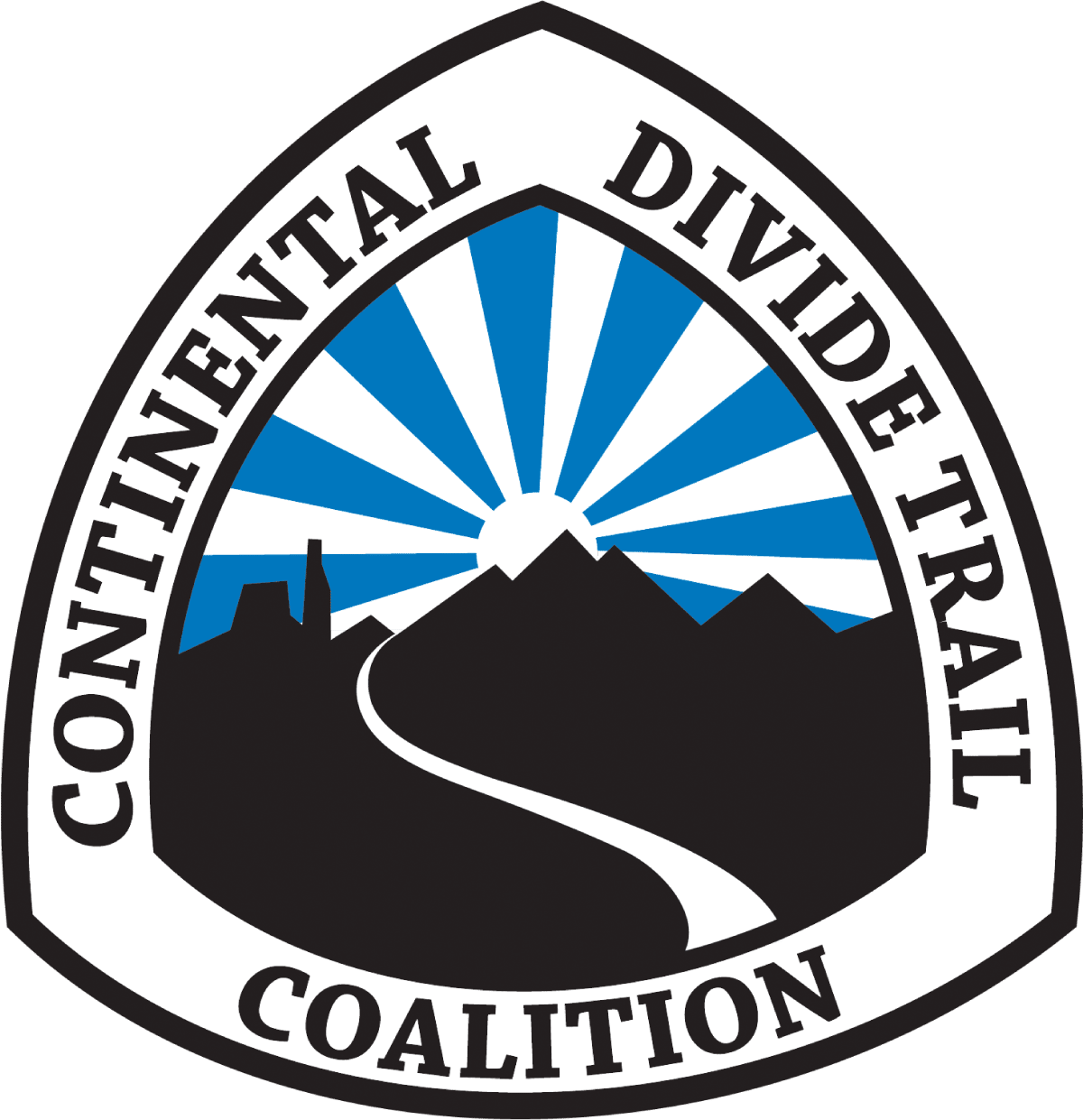REQUIRED AREAS
Knowing where you need a BearVault is an essential part of planning a successful trip!
As conservation needs increase, more land managers are requiring or recommending bear-resistant containers. It can be difficult to figure out where canisters are required, but this guide should make the process a bit simpler.
You can use our interactive map to see black and grizzly bear ranges in addition to areas that require bear canisters. For more information on specific parks/trails just scroll down! As always, make sure to double check food storage requirements before starting a trip!

Trails
Bear canisters are required in the following areas along the PCT:
- Inyo National Forest: Bear Resistant Containers are required in the Bishop Pass Area, Cottonwood Lakes Basin/Cottonwood Pass Area, Duck Pass/Purple Lake Area, Fish Creek Area, Kearsarge Pass Area, Little Lakes Valley Area, Mammoth Lakes/Rush Creek Area, and Mount Whitney Area. Containers are strongly recommended in all other areas.
- Sequioa and Kings Canyon National Parks: Bear Resistant Containers are required in the Dusy Basin, Rae Lakes Loop, North Dome, Rock Creek, and Pear/Emerald Lakes areas. Containers are highly recommended in all other areas.
- Sierra National Forest: Either the counter balance method or Bear Resistant Containers must be used throughout the forest, but the forest highly recommends and rents Bear Resistant Containers.
- Yosemite National Park: Bear resistant containers are required for overnight hiking in the park.
- Desolation Wilderness: Hard sided bear resistant containers are required in the wilderness area.
- Lassen Volcanic National Park: Bear Resistant Containers are required throughout the park April 15th to December 1st.
- Crater Lake National Park: All food must be stored in a bear resistant manner.
- North Cascades National Park: Certain backcountry areas off of the PCT do require bear canisters. If leaving the trail, check the NPS website for details.
- Mt. Baker-Snoqualmie National Forest: All food must be stored in a bear resistant manner.
From the PCTA: “The trees up on the crest almost never have a branch structure that makes this [Hanging Food] realistic. This means that people on the PCT will need to carry a canister to comply with the new food storage order – it’s just the right thing to do, and it’s usually easier than trying to set up a good food hang.”
Bear canisters are strongly recommended by the Appalachian Trail Conservancy for all overnight visitors along the entire trail.
Additionally, the USFS has the following requirements:
- Chattahoochee-Oconee National Forest: Bear resistant canisters are required on the Appalachian Trail between Jarrard Gap and Neels Gap.
- Nahantala National Forest & Pisgah National Forest: Bear resistant containers are required in the Shining Rock Wilderness, Graveyard Fields Vicinity, Black Balsam Vicinity, and Sam’s Knob/Flat Laurel Creek Vicinity. Proper food storage is required in all other areas.
- Appalachian Trail Southern Forest Service Region: All food must be properly stored if traveling within 1,000ft of the Appalachian trail.
- George Washington and Jefferson National Forest: All food must be stored in a bear resistant manner.
- Cherokee National Forest: All food must be stored in a bear resistant manner.
- Green Mountain National Forest: All food must be stored in a bear resistant manner.
Bear canisters are required in the following areas along the CDT:
- San Juan National Forest: All food must be stored in a bear resistant manner.
- Gunnison National Forest: If you are staying in a developed campsite food must be stored in a bear resistant manner.
- White River National Forest: All food must be stored in a bear resistant manner.
- Rocky Mountain National Park: Bear resistant containers are required below tree line between April 1st and October 31st.
- Bridger-Teton National Forest: All food must be stored in a bear resistant manner.
- Yellowstone National Park: All food must be stored in a bear resistant manner.
- Beaverhead-Deerlodge National Forest: All food must be stored in a bear resistant manner.
- Helena-Lewis and Clark National Forest: All food must be stored in a bear resistant manner.
- Flathead National Forest: All food must be stored in a bear resistant manner.
- Glacier National Park: All food must be stored in a bear resistant manner.
Bear canisters are required in the following areas along the PCT:
- Inyo National Forest: Bear Resistant Containers are required in the Bishop Pass Area, Cottonwood Lakes Basin/Cottonwood Pass Area, Duck Pass/Purple Lake Area, Fish Creek Area, Kearsarge Pass Area, Little Lakes Valley Area, Mammoth Lakes/Rush Creek Area, and Mount Whitney Area. Containers are strongly recommended in all other areas.
- Sequioa and Kings Canyon National Parks: Bear Resistant Containers are required in the Dusy Basin, Rae Lakes Loop, North Dome, Rock Creek, and Pear/Emerald Lakes areas. Containers are highly recommended in all other areas.
- Sierra National Forest: Either the counter balance method or Bear Resistant Containers must be used throughout the forest, but the forest highly recommends and rents Bear Resistant Containers.
- Yosemite National Park: Bear resistant containers are required for overnight hiking in the park.
- Desolation Wilderness: Hard sided bear resistant containers are required in the wilderness area.
- Lassen Volcanic National Park: Bear Resistant Containers are required throughout the park April 15th to December 1st.
- Crater Lake National Park: All food must be stored in a bear resistant manner.
- North Cascades National Park: Certain backcountry areas off of the PCT do require bear canisters. If leaving the trail, check the NPS website for details.
- Mt. Baker-Snoqualmie National Forest: All food must be stored in a bear resistant manner.
From the PCTA: “The trees up on the crest almost never have a branch structure that makes this [Hanging Food] realistic. This means that people on the PCT will need to carry a canister to comply with the new food storage order – it’s just the right thing to do, and it’s usually easier than trying to set up a good food hang.”
Bear canisters are required in the following areas along the AT:
- Chattahoochee-Oconee National Forest: Bear resistant canisters are required on the Appalachian Trail between Jarrard Gap and Neels Gap.
- Nahantala National Forest: Bear resistant containers are required in the Shining Rock Wilderness, Graveyard Fields Vicinity, Black Balsam Vicinity, and Sam’s Knob/Flat Laurel Creek Vicinity.
- George Washington and Jefferson National Forest: All food must be stored in a bear resistant manner.
- Green Mountain National Forest: All food must be stored in a bear resistant manner.
Bear canisters are required in the following areas along the CDT:
- San Juan National Forest: All food must be stored in a bear resistant manner.
- Gunnison National Forest: If you are staying in a developed campsite food must be stored in a bear resistant manner.
- White River National Forest: All food must be stored in a bear resistant manner.
- Rocky Mountain National Park: Bear resistant containers are required below tree line between April 1st and October 31st.
- Bridger-Teton National Forest: All food must be stored in a bear resistant manner.
- Yellowstone National Park: All food must be stored in a bear resistant manner.
- Beaverhead-Deerlodge National Forest: All food must be stored in a bear resistant manner.
- Helena-Lewis and Clark National Forest: All food must be stored in a bear resistant manner.
- Flathead National Forest: All food must be stored in a bear resistant manner.
- Glacier National Park: All food must be stored in a bear resistant manner.
Parks
Bear resistant containers are required in Nyack / Coal Creek Camping Zone for at large camping and highly recommended in all other areas.
In the offseason and shoulder-season, Mt. Rainier National Park takes down the food hanging poles and expects backcountry travelers to carry bear canisters.
Overnight wilderness backpackers are required to secure all food items, scented items, and garbage inside a hard sided commercially made carry in/carry out bear-resistant food storage canister. This is required for RMNP wilderness areas due to recurring wildlife incidents.
Other methods of food storage are not permitted in the park’s wilderness at this time.
Previously, RMNP’s food storage rules were limited to the summer season and below treeline. However, after repeated incidents the food storage order has been expanded.
Other Areas
You may be planning a trip within the United States’ 154 National Forests, 803 federally managed wilderness areas, 74 state wilderness areas, or one of many other wild places to recreate. Locations like Havasu Falls, Colorado’s Maroon Bells, Desolation Wilderness, parts of Pisgah National Forest, and New York’s Adirondacks require the use of bear resistant containers. It is important to carefully research the local regulations for proper food storage in each place you plan to visit.
Still unsure? Just do the right thing and carry your BearVault!
Think Bigger than Required
The areas that legally require that you carry a bear canister only scratch the surface of many more places that strongly recommend bear canisters or simply are home to bears. Truly respecting wildlife means integrating proper food storage into your packing plan all the time. Take a look at the map of bear habitat in North America. Does your hike enter bear country? If so, you can do the right thing and carry a BearVault. Even beyond bear habitat, other areas are home to critters and creatures who may take interest in your food and scented items. As a wilderness user, you have a responsibility to all these creatures. Carrying a bear canister is a great way to protect the places we all love.


 Pacific Crest Trail
Pacific Crest Trail Appalachian Trail
Appalachian Trail Continental Divide Trail
Continental Divide Trail